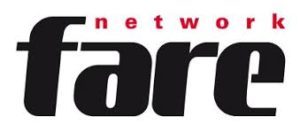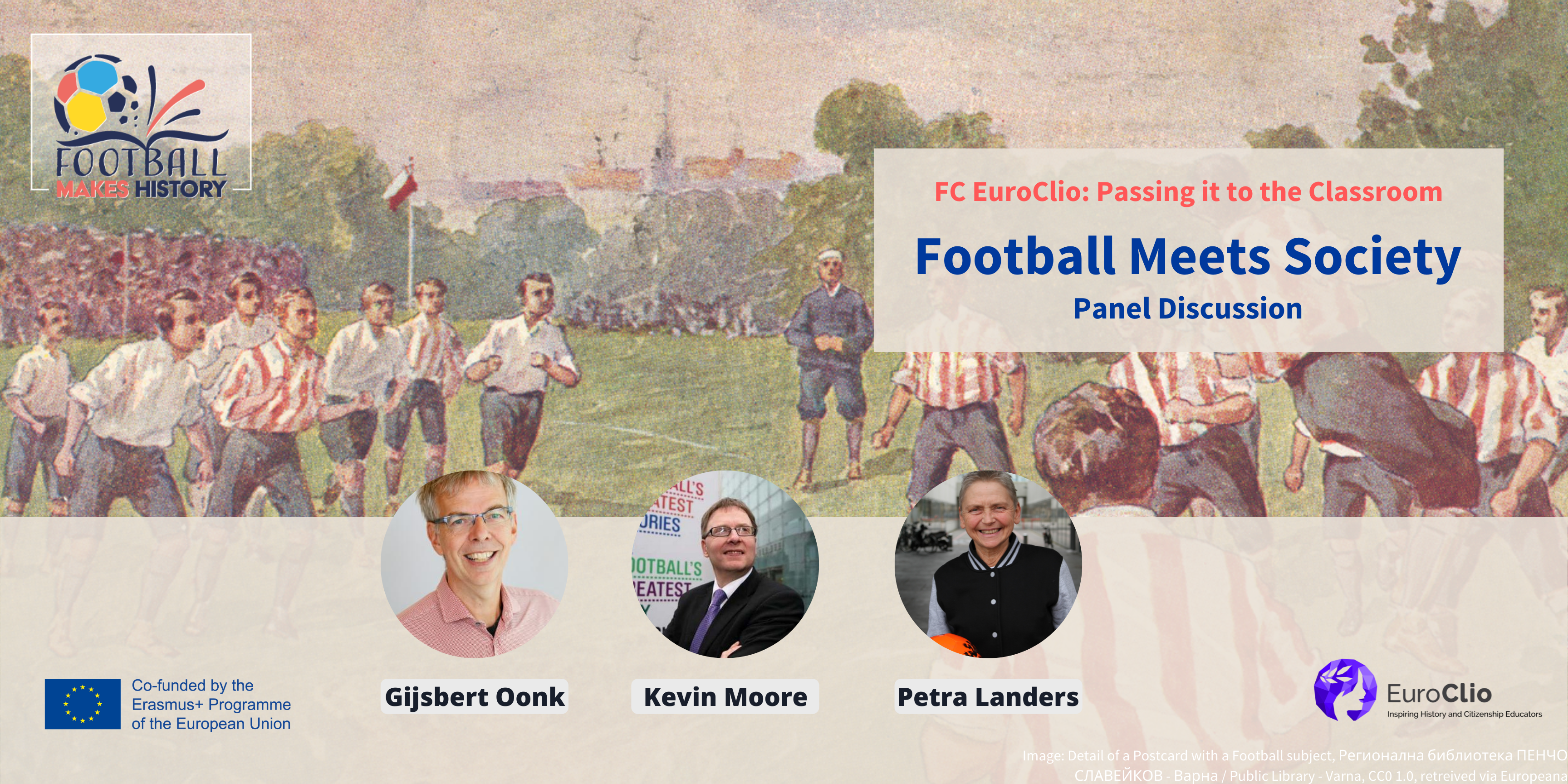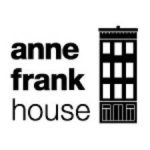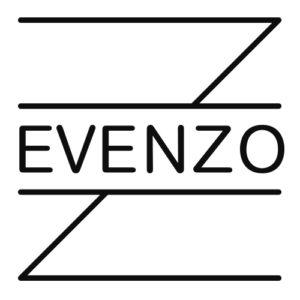Innovative collaborations of school education and youth through the prism of local football history for social inclusion and diversity
For the latest updates on the project, please consult the dedicated Football Makes History website!
About the Project
Some would say history is just one damned thing after the other, that it should be put to rest in the past and that bygones should be bygones. These people are not necessarily wrong, but in an ever-complex world of globalised societies and rising exclusivist identity-politics, the stories we tell ourselves about the past help us define ourselves in the present and orient toward an unpredictable future.
Some would say football is nothing more than 22 people chasing a ball around a pitch for 90 minutes. Also those people are not necessarily wrong, but history is made up of whatever people have come to value, and certainly football – a game played and watched by billions for over 100 years – seems highly valued.
We would say that football history is made up of millions of stories, of individuals and communities, of movements and processes, which can open doors to the conversations we need to have in the present. Players who came from nothing to become international super-stars. Clubs which have been established to foster minority identities and belonging. People who have faced exclusion in a racist and bigoted past.
Our European Football stories, starting with your local neighbourhood club, can not only excite the football and history fans but in particular create a space where those that are marginalised in European societies are included, feel belonging so that everybody can seek active citizenship.
Sport – and particularly football – appeals to millions of Europeans, regardless of their sexual orientation, colour, gender, age, nationality or religion, often becoming a defining factor of identities and communities. The rich local cultural heritage of football and its shared history covering the turbulent 20th century history offers direct access to addressing past and present diversity. In addition, it helps to promote shared values, equality, non-discrimination and social inclusion with an integrated perspective, encompassing and innovating formal and non-formal learning, as well as youth work. This project will see a unique European team, including a Football Federation, a professional Football Club, the renowned Anne Frank House and FARE Network, together with European networks of history educators and youth workers.
Project Aims
The overall aim of the project was to contribute to the reduction of the number of people at risk of social exclusion across Europe by pursuing these specific objectives:
- Promote diversity, non-discrimination and equality, including gender equality;
- Innovate formal and non-formal learning leading to social, civic and intercultural competences and critical thinking;
- Support the professional development of educators and youth workers and build the capacity to develop and implement innovative teaching methods;
- Engage cultural heritage for all by accessing the histories, memories and legacies residing in football history in transnational perspectives on all levels;
- Raise public awareness on the role of learning for social inclusion and increase the sharing of innovative practices across the continent.
Project Outcomes
- Needs Assessment: The project produced a needs assessment that visualises the needs and challenges of football history as an educational tool for social inclusion based on an EU-wide survey and on three piloting projects. The Needs Assessment identifies working elements that can be used when producing a toolkit and exemplary lessons within the course of this project. In addition, it examines educational programmes that make use of football history, assessing their working elements and identifying improvements needed, as well as potential areas for innovation. Download the full Needs Assessment here.
- Toolkit: The project has produced an user-friendly toolkit that uses the historical and cultural heritage dimensions of football to enhance social inclusion. The toolkit is aimed at both youth workers and educators in non-formal education. It contains a guidebook, as well as a collection of 30 exemplar approaches to use. All the activities are developed by a team of 12 youth workers from more than 10 different countries, under the leadership of the Fare network. Learn more about the Toolkit here.
- Exemplar Learning Activities: The project developed 24 Lesson Plans, 6 Source Collections, and 1 teaching strategy designed to use football in the (history) classroom. These activities support teachers with dealing with diversity in the classroom, with tackling rising intolerance and with engaging students in an innovative and meaningful manner. You can see all activities on historiana.eu.
- Policy Recommendations: Taking note of the current best practices, the policy recommendation zoom in on five concrete recommendations that would help unleash the potential of football history and football heritage in tackling social exclusion. The document, based also on the Needs Assessment of the project, aims to help policymakers see the current roadblocks for using football history and heritage as a tool within formal and informal education, making concrete suggestions for policy action at several levels of policy making. Download the Policy & Action Recommendations here.
- Public Awareness Campaign: The campaign targets the wider society, urging major bodies in football and education to get behind the campaign and valorising research and educational approaches performed at the local level. See footballmakeshistory.eu
Latest News
Let’s talk Football History: The social significance of sport across Europe and beyond
Giulia Verdini2022-02-22T16:18:00+01:00July 1, 2021|Comments Off on Let’s talk Football History: The social significance of sport across Europe and beyond
On May 28th, Gijsbert Oonk, Kevin Moore & Petra Landers kicked off ‘FC EuroClio’, a webinar series through which we tackled football and social issues to explore how football history and society intertwine. The [...]
Most Recent Resources
Donor
The project will be implemented with the financial support of the Erasmus+ Programme of the European Union as part of the initiative “Football History for Inclusion –Innovative collaborations of school education and youth through the prism of local football history for social inclusion and diversity.

Project Partners



Project Coordinators
Alice Modena (Project Manager)
Andreas Holtberget (Project Manager)
Do educators believe in the potential of Football History? Discover in this report.
What is the project team up to? Check it out on the staff training report.
Academic Advisor
Prof. Dr. Gijsbert Oonk (1966) holds the Jean Monnet Chair (ad Personam) on Migration, Citizenship and Identity. He is the founding director of Sport and Nation.

Project team
Project Partners
Joram Verhoeven, Willem Wagenaar (Anne Frank House)
Matthias Thoma, Frauke Koenig (Eintracht Frankfurt Museum)
Jonathan Even Zohar (Evenzo Consultancy)
Niels van Muijden, Alexandra Solomon (Fare Network)
Daniel Petcu (Romanian Football Federation)
Team Members
Anika Leslie-Walker, Ansley Manos Hofmann
Christoforos Pavlakis, Christopher Heim
Claire Mulvenna, Dario Brentin
David Webber, Denver Russell Charles
Dolores Galindo Fontán, Enrico Cavalieri
Ernest Brennan, Fernando Gallego Pedraza
Geir Ove Halvorsen, Gian Marco Duina
Igor Jovanović, Inemarie Dekker
Ivan Belička, Juan Carlos Ocaña
Leanne Norman, Marcel Put
Marisa Schlenker, Martin Liepach
Miachael Correia, Peter Bijl
Rico Noack, Sean Huddleston
Stefán Svavarsson, Thomas Auguste Farines
Thomas Babila Sama, Ute Ackermann Boeros
Valerio Bernardi, Zdravko Stojkoski




